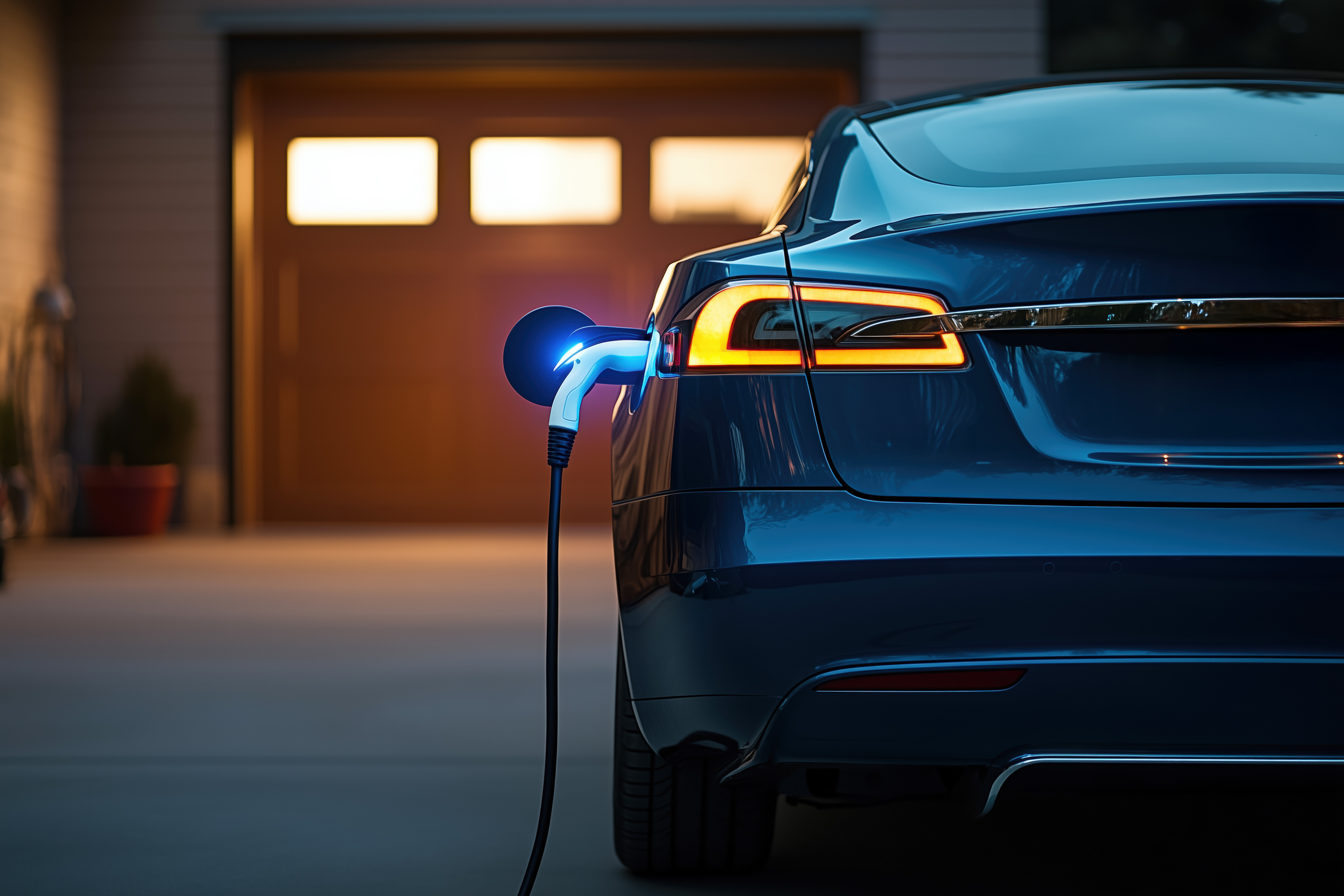Electric vehicles (EV) continue to gain popularity across the world, and one question that commonly accompanies their use is whether or not their batteries are recyclable. The recycling of EV batteries has become a significant issue for both car manufacturers and policymakers due to growing concerns over environmental sustainability.
Read on to learn more about recycling EV batteries, including the steps to the battery recycling process, the benefits, and the challenges.
Are EV Batteries Recyclable?
Most of today’s electric vehicles are powered by lithium-ion batteries which are the same type of battery used in laptops and smartphones. These batteries are capable of storing a significant amount of energy, which makes them perfect for use in electric vehicles. However, like all types of batteries, EV batteries eventually reach the end of their lifespan.
When this happens, you might wonder – are EV batteries recyclable? The quick answer is yes, although the process is a bit more complex than you might think. Instead of disposing of the batteries, auto recyclers can send them to specialist firms that deconstruct the battery packs and break them down into their separate materials.

The Process of Recycling EV Batteries
An EV battery pack is thought to have reached the end of its life when it has no more than 70 to 75 % of its original capacity. Hitting this mark could take 10 years or more. While the battery may not be efficient enough to power a vehicle at that point, it’s not completely unusable. It can actually be used for other purposes or recycled.
If you opt to recycle your electric vehicle’s battery, it’ll go through the following steps:
- Collection: You can take your used EV battery to a collection center, including authorized recycling centers, dealerships or through take-back programs organized by manufacturers.
- Discharging: Before EV batteries are recycled, they have to be safely discharged to get rid of any remaining charge that could result in a fire or explosion during handling.
- Disassembling and Organizing: Next, the batteries are disassembled, and the materials are sorted either manually or mechanically. Lithium, cobalt, nickel, and graphite are parts that can be reused.
- Separation of Valuable Metals: The valuable metals, like cobalt and nickel, are then separated and purified for reuse in new batteries or other products.
- Recycling of Other Materials: Other materials used in the batteries such as plastic and aluminum are also separated and recycled into new products.
- Refinement and Reuse: The extracted materials are sent to manufacturers who refine them to create new EV batteries or other electronic products. Because of this, less mining operations are necessary, and the negative impact on the environment is lessened.
{{CTA-EV}}
Benefits of Recycling EV Batteries
With all of the steps that go into recycling EV batteries, you might be wondering if it’s truly worth it. But just like driving electric vehicles has been proven to be good for the environment, so has properly handling their batteries when they come to the end of their life. Below are some of the benefits to recycling EV batteries that you should be aware of.
Resource Conservation
Resources used to create EV batteries, such as lithium, cobalt, nickel, and other minerals are often sourced from mining operations that can be harmful to the environment. Recycling helps reduce the need for new mining operations and ensures that those resources are used more thoughtfully.
Positive Environmental Impacts
When raw materials are extracted for EV batteries, significant harm to the environment can occur, including water contamination, high carbon emissions and habitat destruction. When batteries are recycled, these negative impacts can be alleviated, leading to a greener future.
Additionally, the carbon footprint of manufacturing a new battery is a lot higher than the carbon footprint of refining and reusing materials from an old one. Effective recycling reduces greenhouse gas emissions.
The Challenges of Recycling EV Batteries
While there are plenty of noteworthy benefits to recycling EV batteries, recycling challenges such as cost, lack of infrastructure, and battery diversity also exist.
The Expense
Recycling lithium-ion batteries is an expensive process. The equipment that’s needed to disassemble and extract materials from the EV batteries is costly and the entire recycling process can be labor-intensive.
Lack of Infrastructure
The infrastructure that’s needed to support large quantities of EV batteries is still in its infancy despite the growing need for battery recycling. Many areas lack the necessary facilities to recycle the amount of batteries that are needed.
The Diverse Types of EV Batteries
Because different car makers use different types of batteries, it's difficult to create one standard recycling process. Some EV batteries are more difficult to recycle than others.
Remember, EV Batteries Are Recyclable
EV batteries are recyclable, and the process is still evolving. The recyclability of EV batteries is vital for the long-term electric vehicle sustainability and the overall transition to renewable energy. As more and more people turn to electric vehicles as their source of transportation, the need for effective battery recycling will only become more crucial.
If you are considering purchasing an electric vehicle or already own one, learn about Gexa Energy’s EV charging solutions.






































